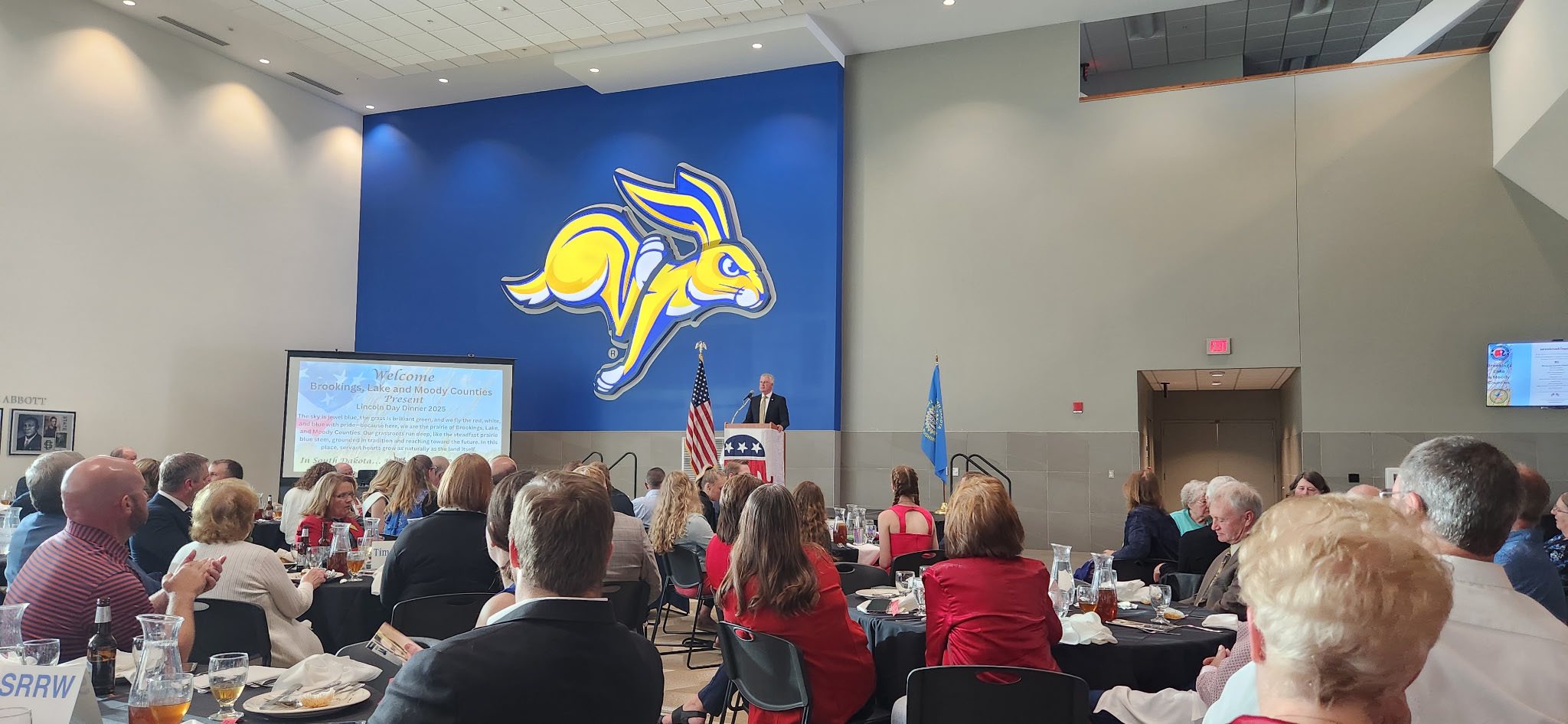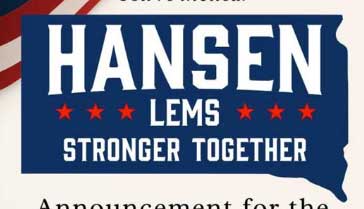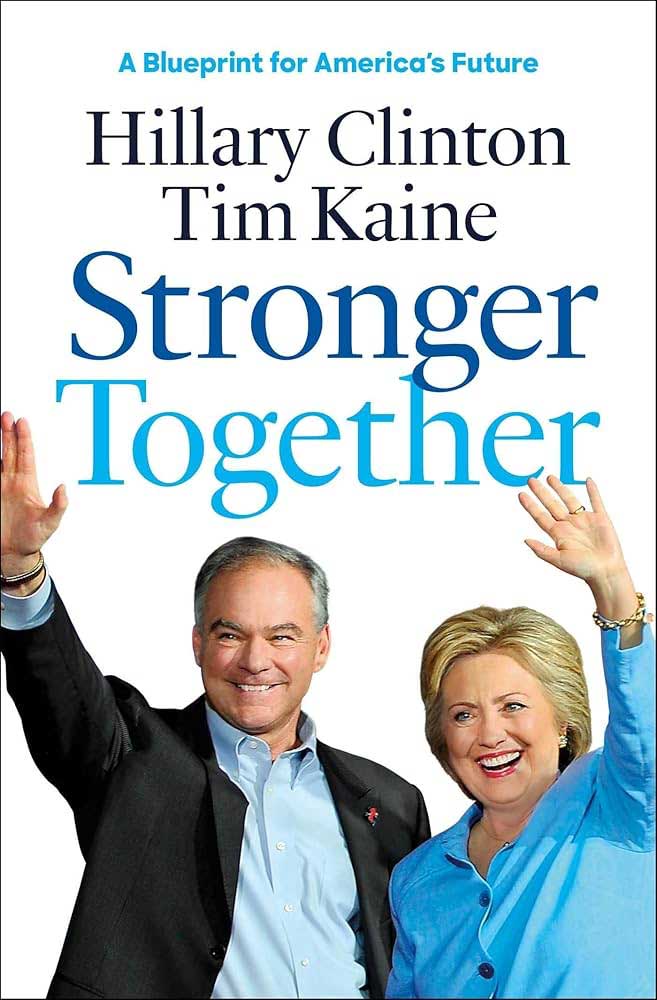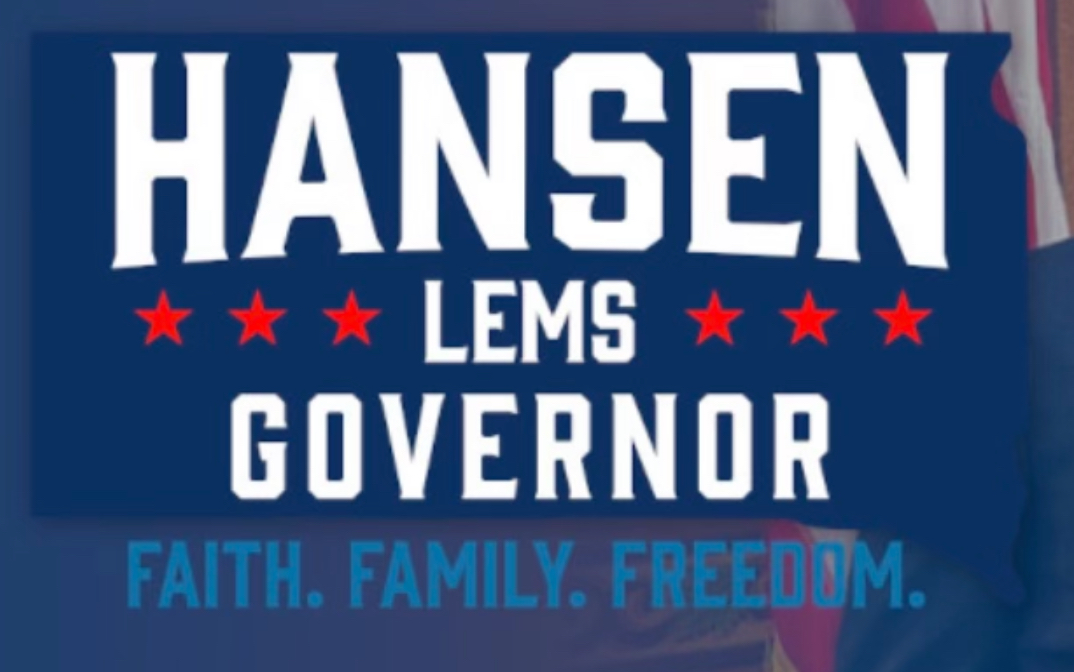Continuing on from this weekend – a plethora of campaign and candidate activity; whiney John Mayer and church photo services.
As I had noted in the below post, late this last week through this weekend was busy with candidate activity. Lots of things going on, including word that Attorney General Marty Jackley might be hinting about his political future at the Brookings/Lake/Moody County Lincoln Day dinner this last Friday night.
When it came down to brass tacks, Attorney General Marty Jackley did drop this item.. which might have been a hint, or it might have been a clever segue into the next speaker:

Lol. I’ll leave it up to you to decide what Marty’s future plans might be, but either way, I wish him well, as he’s truly a good guy.
Speaking of the Brookings/Lake/Moody Dinner, aside from it being notable for it’s reported length (I’m told 4 HOURS!?) it was notable for who wasn’t there – the newly announced candidate for Governor, Jon Hansen skipped the event sponsored in part by a county in his own District 25. Where was Hansen?
The Brookings LDD apparently overlapped with an event sponsored by his paymaster Leslee Unruh. So, Republicans versus the money? He went with the money and was featured at the Alpha Center annual gala, where this cringeworthy video comes from:
As one person sending the clip noted to me “At least Bill Clintons saxophone was fun! He sounds like a whiney Walmart John Mayer.” Ouch.
Toby “dumpster-fire” Doeden was at the Brookings County Lincoln Day dinner with his own introduction from the podium:
Apparently his introduction is now “running for something.” That coincides with a rumor I heard where people are campaign-shipping him to be completely slaughtered by Mike Rounds in the US Senate race, versus running for Governor. Why do I think those rumors might be coming loudest from Hansen/Lems people?
But speaking of Dumpster-fire Doeden, aside from his introduction as candidate for something, apparently he went to church this weekend …without spontaneously combusting once he crossed the threshold. So he has that.

The bigger question of his church attendance is not whether he went – but how exactly did Doeden have a photographer on hand to take pictures of him in church? Or does the church provides this photography service?
Do you come in with a donation envelope and check if you want just the Jesus part of church, or Jesus with a photo session, which for an extra fee, you can also get a pulpit souvenir photo? Just asking, as last I knew, Influencer photo facilitation isn’t available in my church.
I’m also kind of guessing Toby skipped over this verse:
“And when you pray, do not be like the hypocrites, for they love to pray standing in the synagogues and on the street corners to be seen by others. Truly I tell you, they have received their reward in full.“
– Matthew 6:5
Stay tuned for more!

 340B Reform Will Put South Dakota Patients First
340B Reform Will Put South Dakota Patients First






